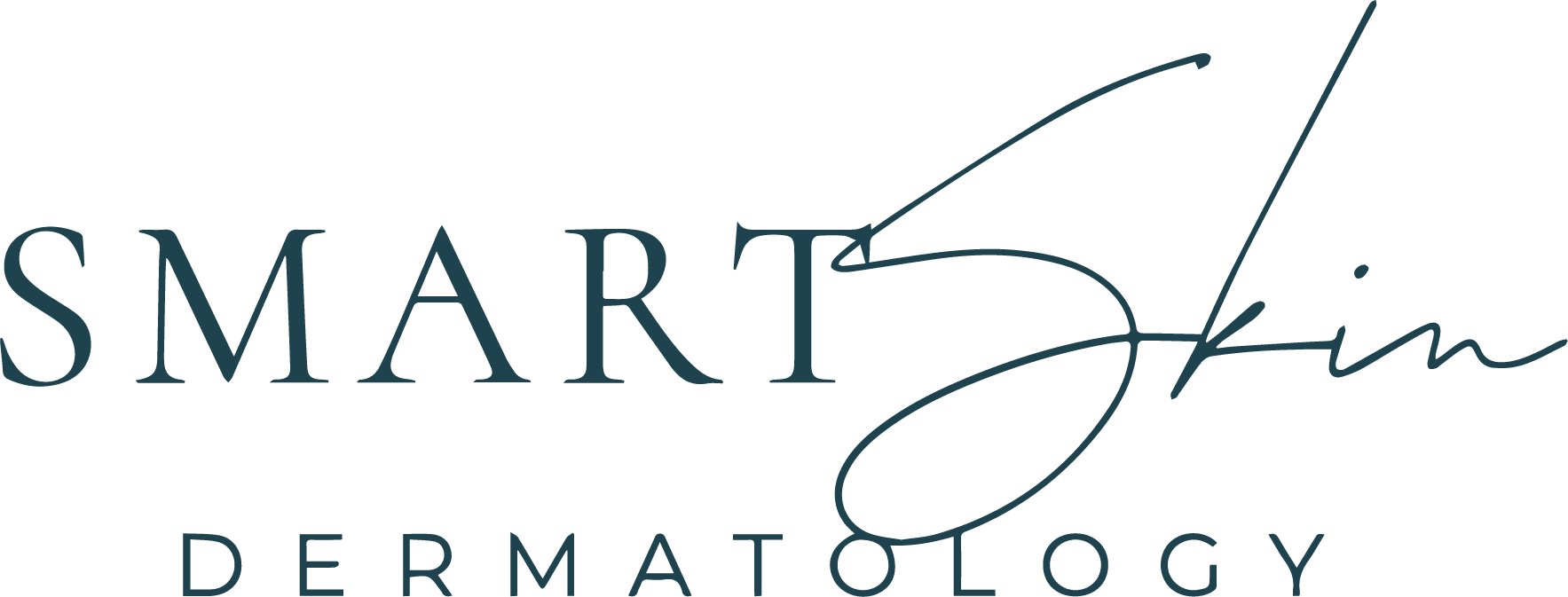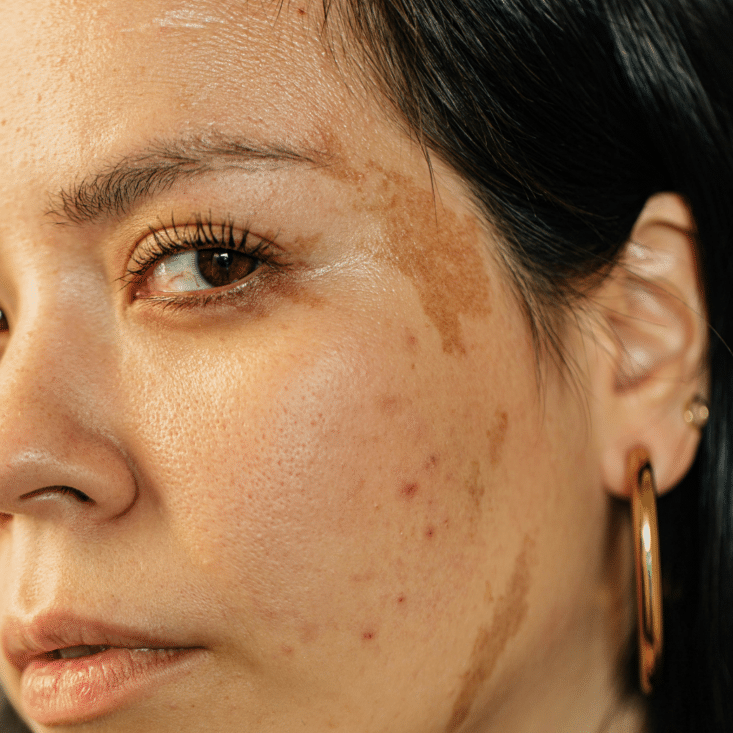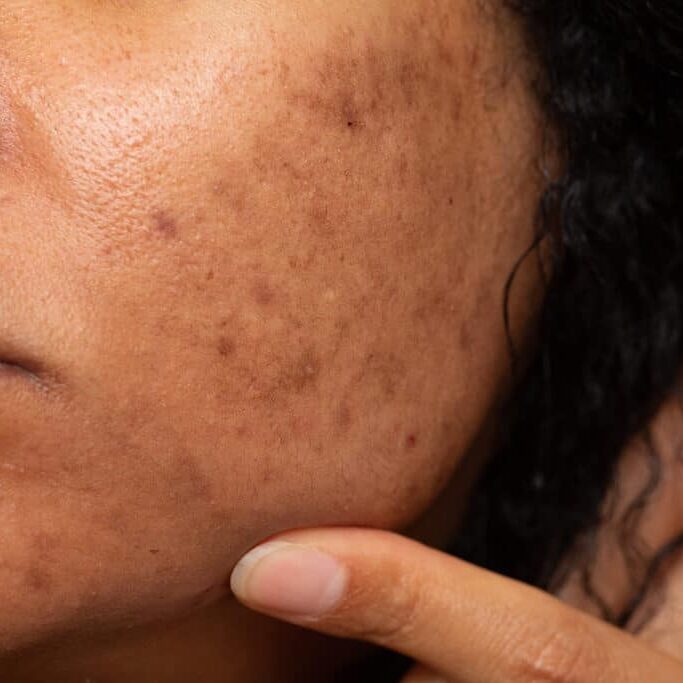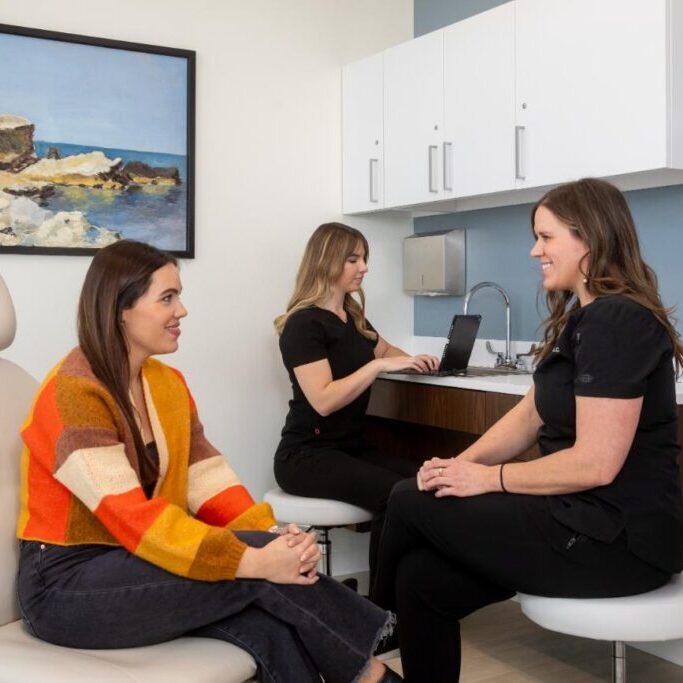Rejuvenating Chemical Peels in Lehi, Utah
What are Chemical Peels?
Schedule A Consultation
MD Consult
- Ideal for:
- Patients wanting the best of the best
- Complicated, advanced, or non-responsive cases
- Patients who simply prefer a doctor
- CO2 resurfacing, liposuction, surgical alternatives
- Not Ideal for
- Weight loss injections, derm clean ups, facials
Cosmetic Consults
- 30 minute (double length) visit
- Baseline "before" photos
- Advanced Trueskin Age® analysis
- Goal setting & history intake
- Evaluation and treatment plan
- Pricing & education
Nurse Consult
- Ideal for:
- Patients who prioritize price
- Weight loss injections, derm clean ups, facials
- Accessibility
- Not Ideal for:
- Patients who simply prefer a doctor
- CO2 resurfacing, liposuction, surgical alternatives
chemical peels: The Smart Skin Difference
Our Board-certified Dermatologist and Advanced Practice Providers are chemical peel connoisseurs, crafting personalized treatments to optimize your results and minimize downtime. Here's why you should choose Smart Skin Dermatology for your peel:
We are Chemically Different
Love Hate Relationship
Comprehensive Technologies
Dermatologists are Skin Specialists
Patients for Life Transparency
We want patients for life, not for one round of treatment. This means we won’t sell you on hopes and dreams. Seeking out cosmetic intervention is hard enough without the car salesman approach. We promise to provide options to meet you where you are at and retain you for life.
Ready to peel away the years and reveal your best skin? Schedule your consultation today!
Frequently Asked Questions
- Do chemical peels hurt? They tend to tingle and feel hot. We mitigate this with cooling.
- How long does it take to see results? You'll notice an immediate improvement in brightness, with more dramatic results emerging in days or weeks depending on the peel depth.
- How many sessions do I need? As many as you want, unless it is for melasma where you stop once you are happy and do maintenance treatments. These are pampering and will help provide a glow and rejuvenation that can be repeated to your heart's content.
- Is it safe for all skin types? Not all peels are suitable for every skin type or condition. A consultation is crucial to assess your suitability.
- Will it cause sun sensitivity? Peels can increase sun sensitivity, so daily SPF 30+ sunscreen is essential.
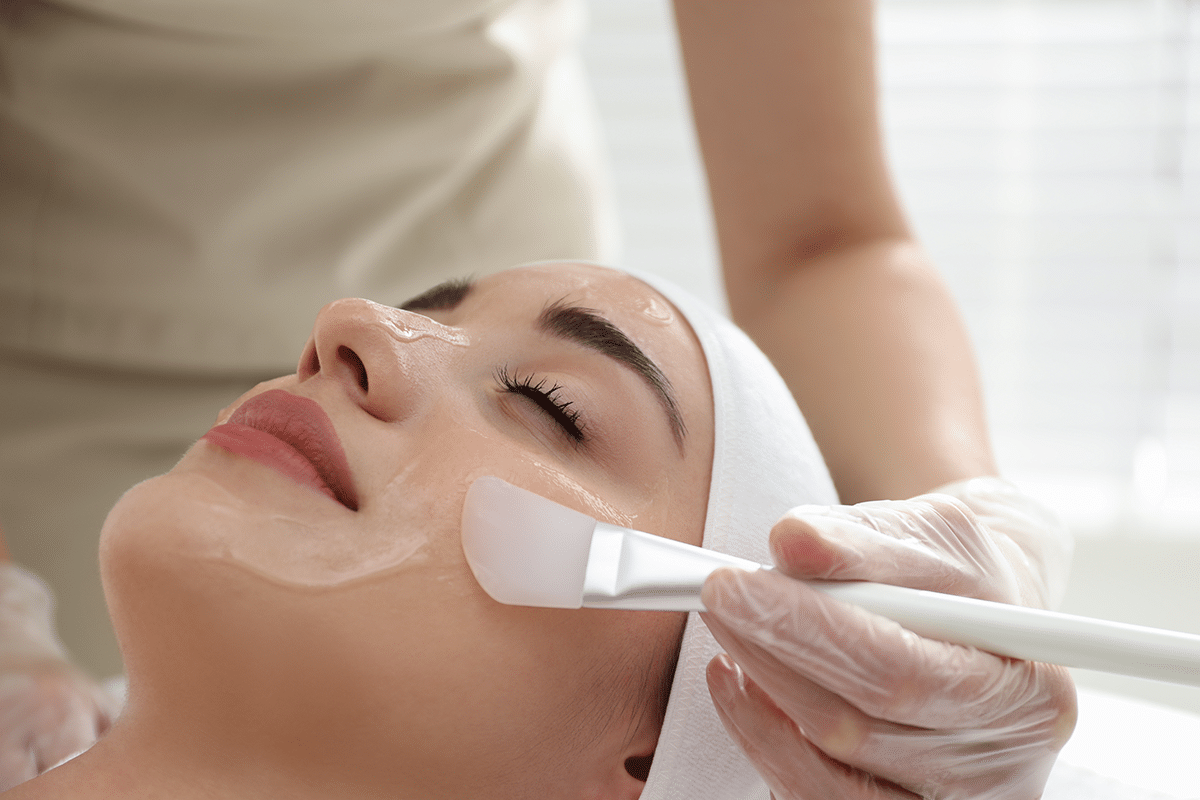
chemical peel Treatment Areas
Face
Neck & Décolletage
chemical peel Treatment Targets
Melasma
Wrinkles & Fine Lines
Sun Damage & Age Spots
Acne
Large Pores
Preventative & Aging Gracefully
chemical peel Post-Treatment Care
Sun protection
SPF 30+ sunscreen is essential to protect your rejuvenated skin.
Gentle cleansing & moisturizing
Use a gentle cleanser and moisturizer suitable for your skin type.
Hydration
Stay hydrated to support your skin's healing process.
Minimize picking
Resist the urge to pick at scabs or imperfections, as this can lead to scarring.

Similar treatments on the market:
- AviClear. Some chemical peels can do great for acne patients, however they work to dry out the skin and address current oil accumulation only. The AviClear targets the oil glands themselves, stopping future production of oil.
- IPL Photofacial. An IPL is a step up and is the clear recommendation for treating sun damage or pigmentation in general. IPL’s however, are not recommended for melasma patients because it's a 50/50 chance of actually worsening melasma pigment.
- Frax / Pico Resurfacing. Frax / Pico resurfacing does what a lot of misleading marketing says a chemical peel does. It treats pigment, sun damage, texture, fine lines, and wrinkles. We typically recommend these where other places will sell you on miracle chemical peels.
- CO2 Laser. There is a dramatic difference between a CO2 laser and chemical peels. It takes about 6-8 Frax / Pico Resurfacing treatments to equal one CO2 treatment. Doing the math, if every 4-6 chemical peels is the same as one Frax / Pico then you would need 50+ chemical peels to approach the CO2 laser.
- Microneedling. Microneedling is not really comparable. No real textural improvement will be seen with chemical peels in comparison to microneedling.
- Hydrafacial. Hydrafacials are a fancy chemical peel which also hydrates. Usually a hydrafacial has about half the peel strength but also hydrates the skin.
